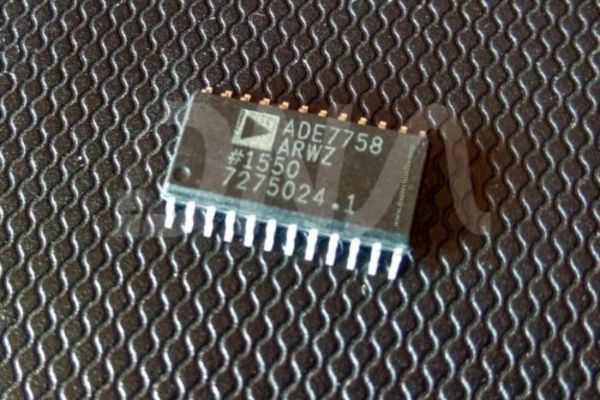Energy measurement integrated circuits (ICs) are at the forefront of advancing industrial energy efficiency, offering precision monitoring and control capabilities critical for modern industrial systems. These ICs combine analogue and digital technologies to provide highly accurate energy usage data, enabling industries to optimize energy consumption, reduce costs, and meet stringent sustainability goals. This article delves into their operational principles, design considerations, and applications, highlighting their transformative impact on industrial energy management. According to the Consegic Business Intelligence report, Energy Measurement ICs Market is estimated to reach over USD 9,250.18 Million by 2031 from a value of USD 5,079.61 Million in 2022 and is projected to grow by USD 5,324.75 Million in 2023, growing at a CAGR of 7.1% from 2023 to 2031.
Operational Principles of Energy Measurement ICs :
Energy measurement ICs function as the core of energy monitoring systems by accurately capturing electrical parameters such as voltage, current, power, and energy consumption. These ICs typically integrate key components, including:
Analog-to-Digital Converters (ADCs): High-resolution ADCs digitize analogue signals from current and voltage sensors for precise measurement.
Digital Signal Processing (DSP): DSP algorithms process real-time data to calculate parameters like active, reactive, and apparent power, as well as power factor.
Calibration Engines: Built-in calibration ensures accuracy across a wide range of operating conditions, compensating for sensor and circuit variances.
Energy measurement ICs support multi-phase power systems, handling three-phase and single-phase configurations with equal efficiency. Their ability to detect anomalies such as voltage sags, surges, and harmonic distortions adds an extra layer of reliability to industrial systems.
Design Considerations for Industrial Applications :
Developing energy measurement systems using ICs demands careful attention to several design aspects:
Accuracy and Resolution: Industrial applications often require accuracy levels exceeding 0.1% and high-resolution ADCs to capture subtle variations in electrical parameters.
Scalability: Energy measurement ICs must support varying load capacities, from low-power machinery to high-capacity industrial equipment.
Robustness: These ICs must withstand harsh industrial environments, including wide temperature ranges, electrical noise, and mechanical vibrations.
Communication Protocols: Integration with industrial automation systems necessitates support for protocols like Modbus, RS485, and Ethernet.
Power Efficiency: Low power consumption is crucial for integrating these ICs into energy-constrained systems or retrofitting older infrastructure.
Applications in Industrial Energy Management :
Energy measurement ICs play a pivotal role in a wide array of industrial applications:
Energy Monitoring Systems: Used in power distribution units, these ICs provide real-time insights into energy consumption, enabling informed decision-making and energy optimization.
Predictive Maintenance: By monitoring equipment power usage patterns, these ICs help predict failures and schedule maintenance, reducing downtime.
Smart Grids: Integration of energy measurement ICs in grid systems enhances load balancing, fault detection, and energy distribution efficiency.
Renewable Energy Systems: Solar inverters and wind turbine controllers rely on these ICs for precise energy tracking and grid synchronization.
Building Automation: Energy measurement ICs enable efficient energy management in industrial buildings, ensuring compliance with energy regulations and standards.
Emerging Trends and Innovations :
The evolution of energy measurement ICs is driven by advancements in semiconductor technology and the increasing demand for smart, connected systems. Innovations include:
IoT Integration: Modern ICs feature built-in connectivity options, allowing seamless integration with IoT platforms for remote monitoring and control.
AI-Powered Analytics: Combining energy measurement data with AI enables predictive insights and advanced anomaly detection.
Miniaturization: Compact ICs support deployment in space-constrained applications, expanding their applicability in industrial systems.
Source : Energy Measurement ICs Market

















